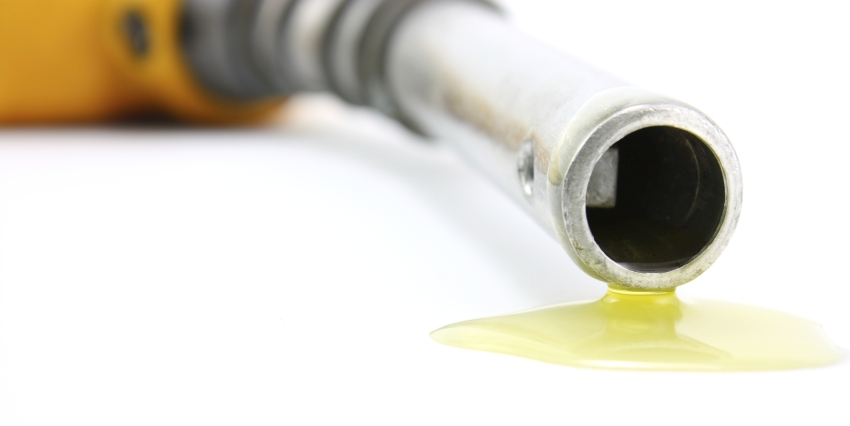BS EN590 standard for diesel fuel
EN590 describes the physical properties that all automotive diesel fuel must meet if it is to be sold in the UK, the rest of the European Union, Croatia, Iceland, Norway and Switzerland.
IPU’s Quick Guide to EN590 outlines the standards set to ensure your fuel is safe to use – Click here to request your free copy

EN590 was introduced to coincide with the development of new emissions standards across the European Union.
EN590 and water contamination
Although EN590 covers numerous fuel characteristics, water content is the most relevant contaminant for fuel maintenance. To comply with EN590, fuel can contain no more than 200mg of water per kg of fuel.
This is an extremely demanding standard. 200mg of water per kg of fuel represents just 0.02% water contamination. Because modern biodiesel blends absorb water naturally (i.e. they are hygroscopic) it is practically impossible to adhere to the standard without regular testing and the use of a water extraction process such as a polishing system or regular tank cleaning.
EN590 looks beyond water content
As the table below shows, EN590’s requirements include the blending of up to 7% Fatty Acid Methyl Ester (FAME) biodiesel with conventional petrochemical diesel. A PDF version of this table is available in the page’s download area.
| Property | Unit | Lower limit | Upper limit | Test Method |
| Cetane number | 51.0 | EN ISO 5165 | ||
| Cetane index | 46.0 | EN ISO 4264 | ||
| Density @ 15°C | kg/m3 | 820 | 845 | EN ISO 3675, EN ISO 12185 |
| Viscosity at 40°C | mm2/s | 2.0 | 4.5 | EN ISO 3104 |
| Sulphur content | mg/kg | 10.0 | EN ISO 20846, EN ISO 20847, EN ISO 2088 | |
| Flash point | oC | Above 55 | EN ISO 2719 | |
| Carbon residue | % m/m | 0.30 | EN ISO 10370 | |
| Ash content | % m/m | 0.01 | EN ISO 6245 | |
| Water content | mg/kg | 200 | EN ISO 12937 | |
| Total contamination | mg/kg | 24 | EN ISO 12662 | |
| Fatty Acid Methyl Ester (FAME) (biodiesel) content | % v/v | 7 | EN 14078 | |
| Polycyclic aromatic hydrocarbons | % m/m | 11 (8) | EN ISO 12916 | |
| Copper strip corrosion (3 hours at 50°C) | index | Class 1 | Class 1 | EN ISO 2160 |
| Lubricity, corrected wear scar diameter (wsd 1.4) at 60°C | μm | 460 | EN ISO 12156-1 | |
| Oxidation Stability | g/m3 | 25 | EN ISO 12205 | |
| Oxidation Stability | h | 20 | EN 15751 | |
| Distillation recovered at 250 °C, 350 °C | % v/v | 85 | < 65 | EN ISO 3405 |
| 95%(V/V) recovered at | °C | 360 | ||
| Cold Filter Plugging Point (winter) | °C | -15 | ||
| Cold Filter Plugging Point (summer) | °C | -5 | ||
| Manganese content | mg/l | 2.0 | EN 16576 | |
| Filter blocking tendency | 2.52 | IP 387, procedure B |
EN590 and engine emissions
EN590 was introduced to coincide with the development of new emissions standards across the European Union. The overall goal has been to reduce the sulphur content of diesel fuel. Sulphur had been used as a lubricant in the fuel. Its role is taken by special additives in ULSD.
Since 2007, diesel that conforms to EN590 has been referred to as Ultra Low Sulphur Diesel (ULSD) in the European Union. The phrase “Ultra Low Sulphur Diesel” is governed by different standards in other parts of the world.
For more information on EN590
Unlike the EU directives, EN590 is not available free-of-charge. It has to be purchased from the British Standards Institute’s online shop. For this reason, it cannot be made available for download from IPU’s web site. The full text of the standard can be purchased from the BSI shop.
